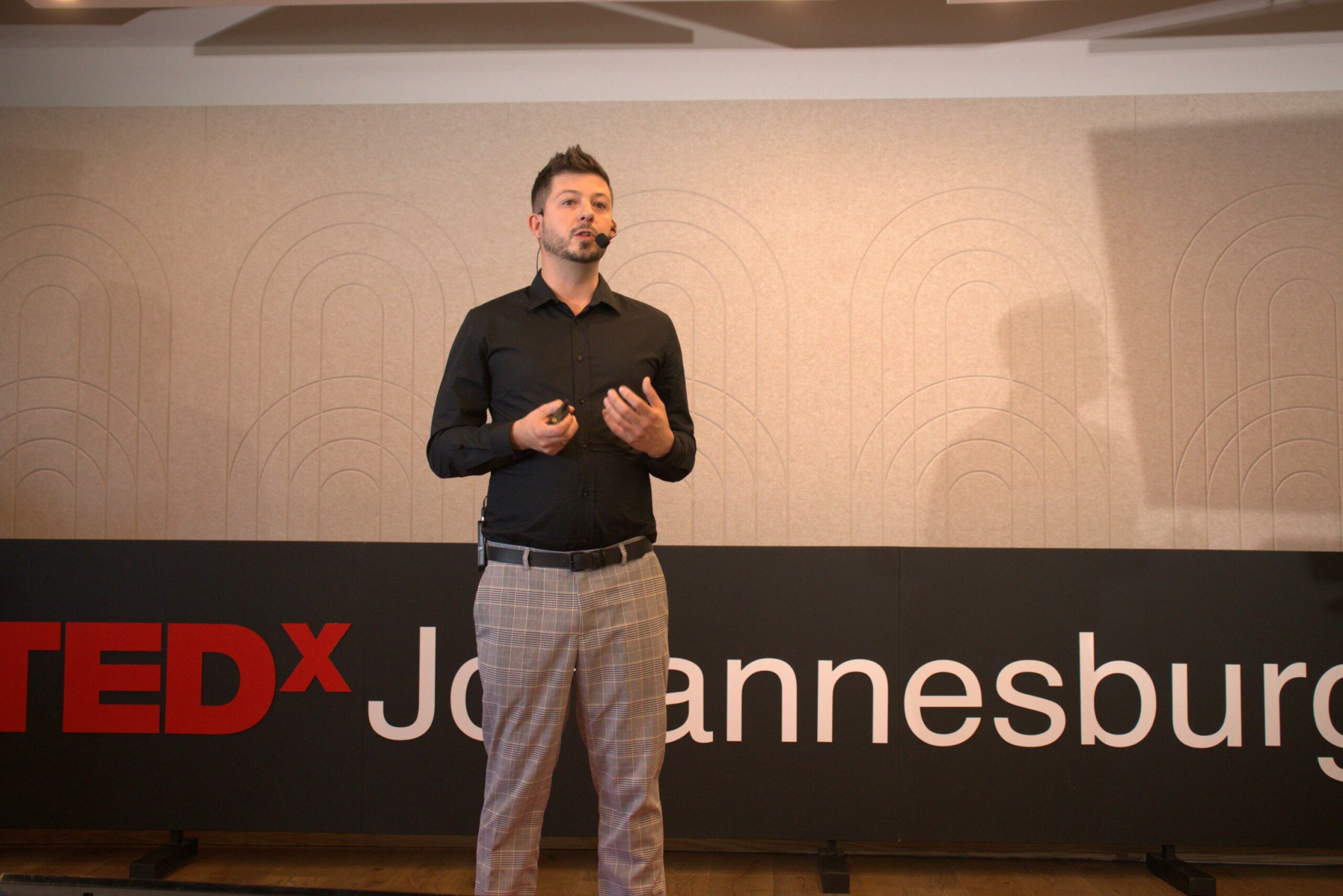People 'n' Issues
Ocean breakthrough
presented at TEDx Jhb
A CSIR researcher last week presented groundbreaking research on the changing Southern Ocean.
A groundbreaking study that reveals the declining levels of the Southern Ocean was presented at TEDx Johannesburg last week.
Last Thursday (4 May) Council for Scientific and Industrial Research (CSIR) senior researcher Dr Ryan-Keogh took to the stage at the TEDx Johannesburg event on climate change to share the outcomes of his research.
TEDx is a platform designed to stimulate dialogue among open-minded thinkers and doers who care deeply about finding and celebrating local ideas across disciplines, and sharing them with the world.
Ryan-Keogh unpacked the implications of high iron stress levels on phytoplankton (microscopic marine plants) in the Southern Ocean and how this will impact the overall health of the global ocean and the future of our planet.
“The Southern Ocean has managed to protect all of us from some of the most extreme impacts of climate change by absorbing carbon dioxide emissions and the heat generated by these emissions through the greenhouse effect,” he said. “But this protection comes at a cost to the natural ecosystems of Antarctica and the Southern Ocean.”
During his talk, titled “A changing Southern Ocean: The impact of climate change”, Ryan-Keogh said that 26 years of data revealed that the phytoplankton in the Southern Ocean was becoming more iron-stressed with time.
“Our latest research findings indicate that an escalation in iron stress is having a detrimental effect on the phytoplankton of the Southern Ocean. This implies a decrease in the availability of iron in the sunlit waters, directly impacting the capacity of Southern Ocean phytoplankton to absorb carbon dioxide. This, in turn, affects the ocean’s productivity levels and its ability to maintain ecosystem services.”
To verify this research finding, Ryan-Keogh consulted additional data products to complement his research results. This, to his surprise, confirmed that the productivity levels of the Southern Ocean were being compromised, most likely due to climate change.
“The research findings were like a double-edged sword. Although I was excited that we had made headway, the results were concerning. Our research findings, coupled with the alternative data sources we had collected and analysed, were showing that the Southern Ocean is becoming less productive. And yet, earth system models, which are currently being used for climate projection, are saying the Southern Ocean with time will become more productive.”
This ground-breaking discovery by CSIR scientists is among the first to demonstrate that the natural carbon cycle in the Southern Ocean is being negatively impacted.
South Africa has a track record of over 50 years in conducting research on the impact of climate change on Antarctica and the Southern Ocean. This is due to its ties to the Antarctic Treaty of 1959, a historic agreement that united 12 nations, including South Africa, in a shared commitment to protect Antarctica from human interference.
As part of honouring this agreement, the CSIR, supported by the Department of Science and Innovation, has been pioneering studies aimed at understanding and predicting the role and sensitivity of the Southern Ocean to climate change through its changing carbon cycle.
“Owing to South Africa’s positioning and geographical proximity, the results of the data collected by underwater robotic platforms and research vessels over three decades in Antarctica are worth sharing, as healthy oceans are critical for marine biodiversity and life on the planet.”
South Africa is currently the only African signatory to the Antarctica treaty and the only African nation with an Antarctic research programme. The country therefore bears a regional responsibility to serve the broader African community. This requires improved recognition and appreciation of the Southern Ocean by the South African public, its scientists, and policymakers.
“We need to act now to significantly reduce our emissions and transition to greener and cleaner societies that can sustain everyone. We cannot just rely on ideas that we will invent technology in the future to capture carbon dioxide. If South Africa transitions to a renewable energy society, we will not only see enhance energy security but also improve our natural environment through reductions in air pollution.”
Ryan-Keogh days he intends to raise awareness to audiences about the unique habitat of the southernmost waters, including solutions on what people can do to make a difference in reversing the cycle of decline in ocean health and find sustainable solutions.

















